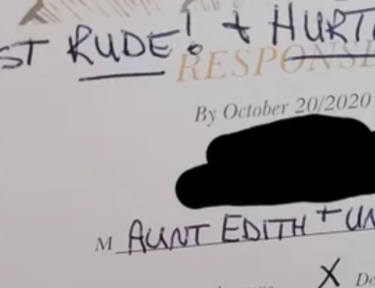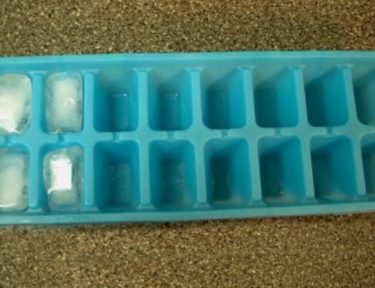Medical Bills You Shouldn’t Pay – Balance Billing
There are no national statistics on balance billing but the Business Week article highlights a study by a health insurance trade group in California:
The California Association of Health Plans, a trade group in Sacramento, estimates that 1.76 million policyholders in that state received such bills in the past two years, totaling $528 million. The group found that 56% paid the bills. “Patients think they owe this money, and it causes tremendous stress and anxiety for people,” says Cindy Ehnes, director of the California Managed Health Care Dept. “It is inappropriate to put the patient in the middle of this.”
Part of the stress and anxiety Cindy Ehnes is referring to comes from the fact that once patients are balance billed, sometimes illegally, the medical providers may turn the bill over to a collection agency who then threaten the patient with bad credit.
The Business Week article written by Chad Terhune gives an excellent rundown on balance billing and is well worth the read. link to BW article
One Woman’s Experience with Balance Billing
A CBS News piece (clip below) tells the story of Linda Burdick who was hit with a $60,000 balance bill for the portion of a hospital bill her insurance company wouldn’t pay. Mrs. Burdick fought back hiring two medical billing advocates who reviewed her bill and felt Mrs. Burdick was being overcharged by $40,000. One example from an itemized bill they requested from the hospital showed charges for six surgical screws at $1,720 a piece.
CBS News clip on Balance Billing. (short ad precedes clip)
Medical Related Bankruptcies
A 2005 study conducted jointly by Harvard Medical and Law schools found that nearly 50% of personal bankruptcies in the United States are caused by illness and medical bills. The study estimated about 2 million Americans each year are impacted by medical related bankruptcies. What’s even more eye-opening from the study is that many had health insurance and the majority come from the middle class with 56% of filers owning a home, as well as attending college.
What to Do If You Receive a Balance Bill
Here are some options if you’re hit with a medical balance bill:
For more money saving tips like this, sign up for our free newsletter.
Photo credit: sonyone703’s




